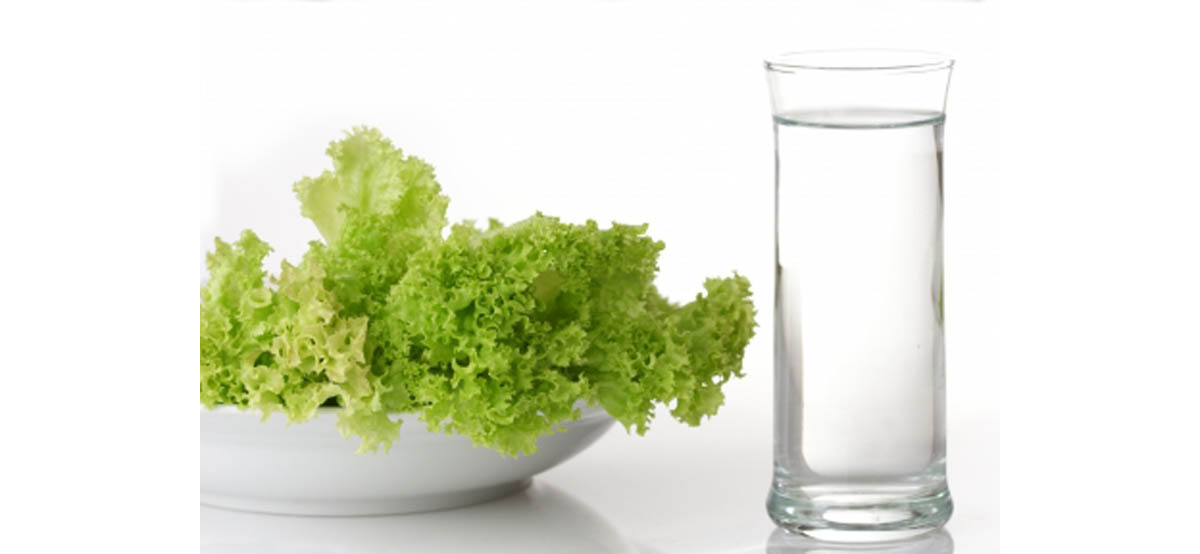Table of Contents
Weight loss
Drinking plenty of water helps you feel full, making you less likely to indulge in calorie-laden snacks between meals. In addition,

Energy levels
Being dehydrated even as little (defined as 1-2% less water than needed) has been shown to reduce energy levels. Drinking water instead of sugary drinks will also prevent the energy slump that inevitably follows a high sugar load.
Headache
Many people experience headaches as a result of dehydration, although the precise mechanism behind this ill is not known. It may be that the balance of substances in the blood is affected by a drop in the amount of water in the bloodstream, and that the brain is very sensitive to these changes.
Better for teeth and gums
Drinking water and swishing it around the mouth will help to dislodge food and plaque around the teeth, which lead to tooth decay and gum disease. Replacing sugary drinks with water will also be better for tooth and gum health. If your dental health is important to you, make water your primary drink.
Fitness and tone
You are better able to exercise when not dehydrated, as lack of fluid can lead to muscle weakness and fatigue.
Skin quality
So it’s not surprising that drinking plenty of water has long been associated with a clear skin.
How much and how often to drink
There is no ready-made answer to the question of how much water we should drink, although experts seem to agree that it is better to drink small amounts regularly, rather than large quantities infrequently. Many recommendations regarding how much to drink ignore the differences body size and weight will make. They also do not take into account that in high temperatures and when exercising we all lose fluid through sweat, so have more need to replace it. We obtain water from food as well as drinks other than water, but ironically some drinks can lead to a loss of water. Caffeine and alcohol cause more vasopressin to be released, so we lose more water by producing lots of dilute urine.
Health experts advise drinking more water before, during and after exercise to maintain hydration throughout. The message is don’t wait until you’re thirsty – that’s way too late!
- Chan J, Knutsen SF, Blix GG, Lee JW, Fraser GE. Water, Other Fluids, and Fatal Coronary Heart Disease.The Adventist Health Study. American Journal of Epidemiology (2002) 155 (9) 827-833
- Rousel R et al, for the D.E.S.I.R study group. Low Water Intake and Risk for New-Onset Hyperglycemia. Diabetes Care, 2011, 34, 2551–2554
- Photo courtesy of javmorcas on Flickr: www.flickr.com/photos/javmorcas/6220432042/
- www.water.org.uk

